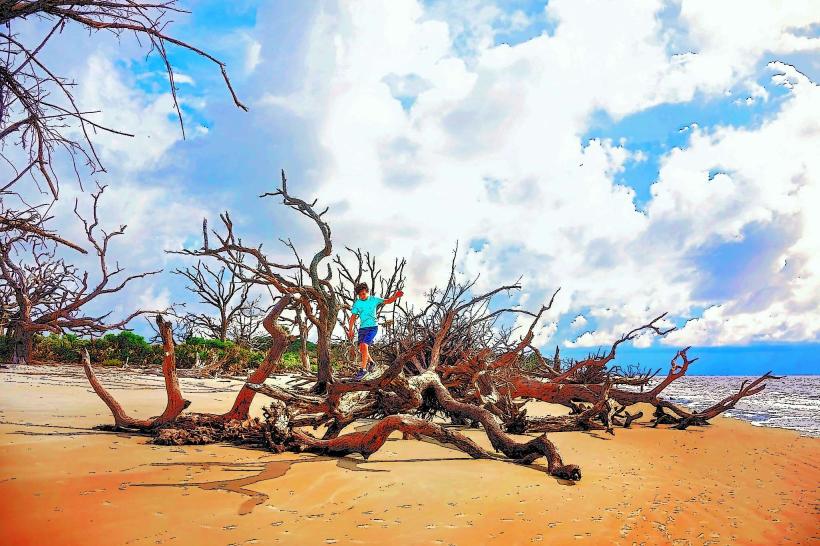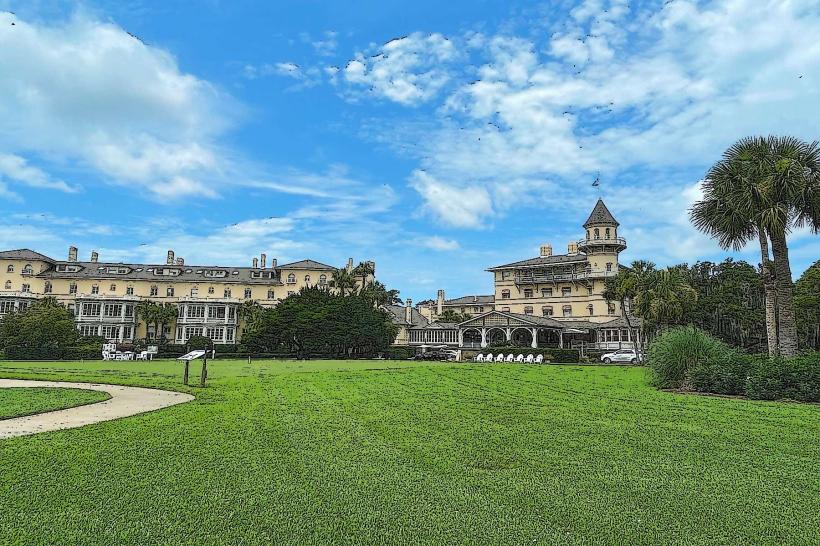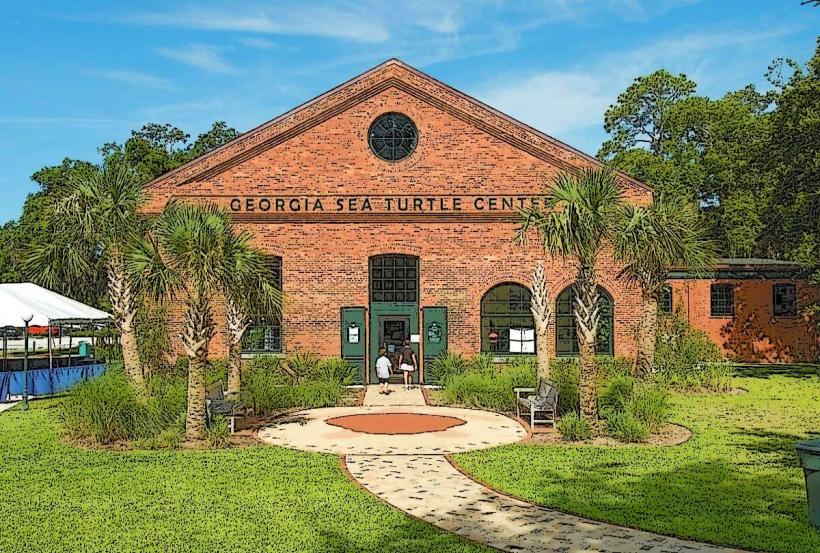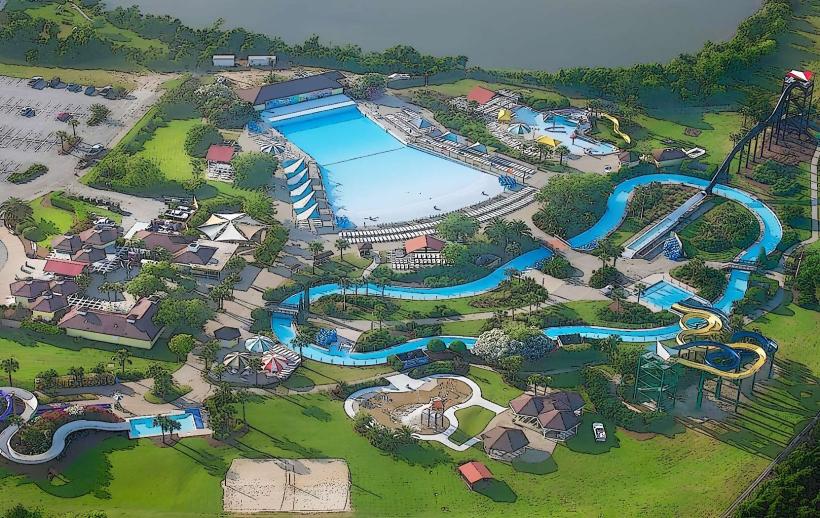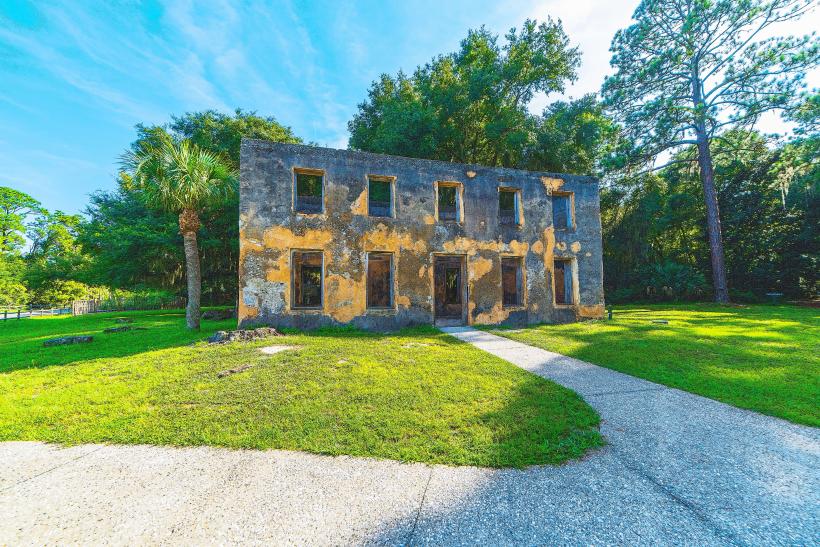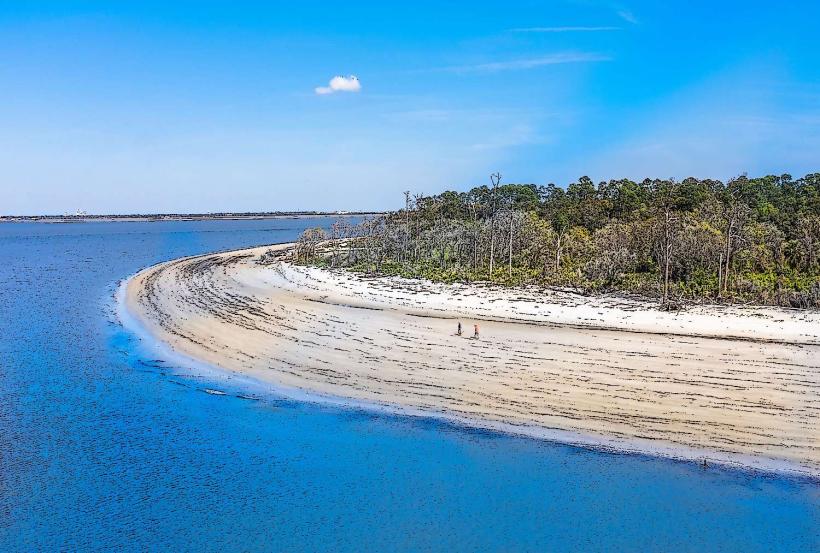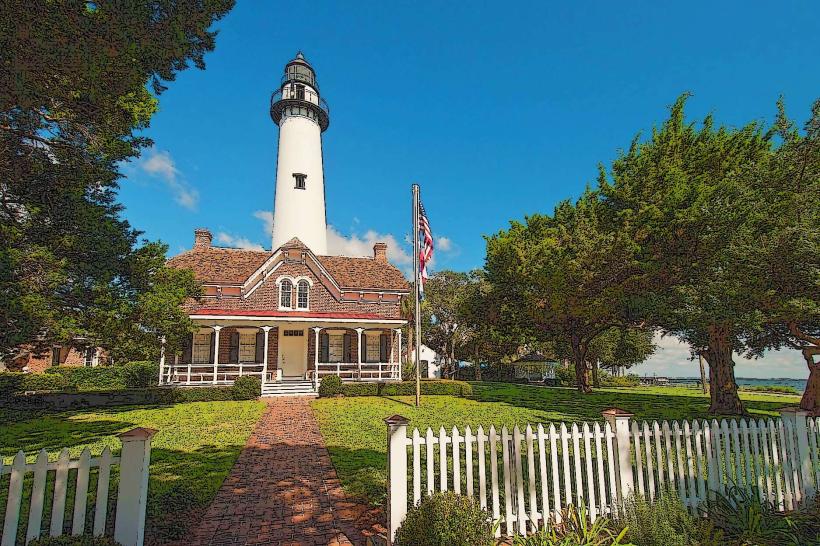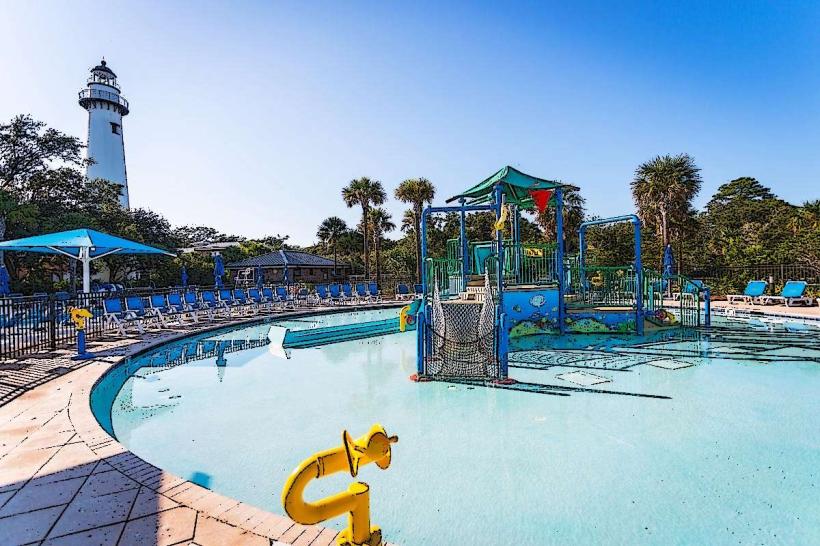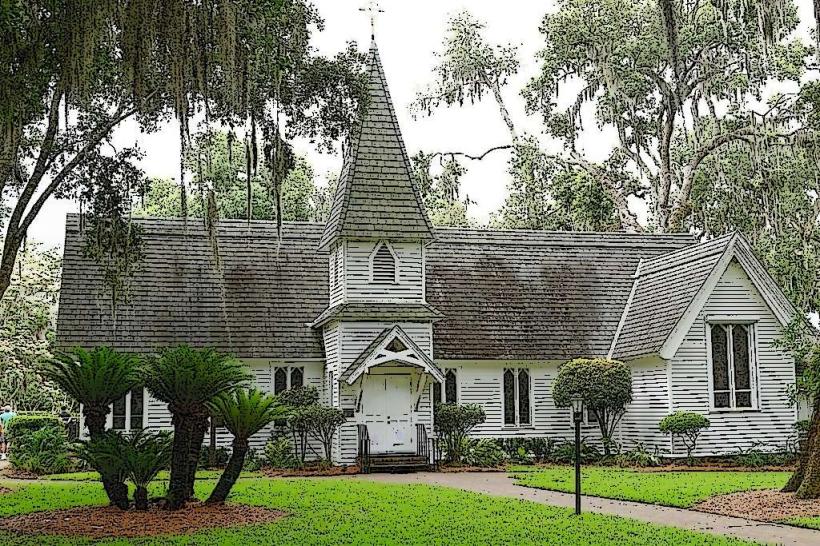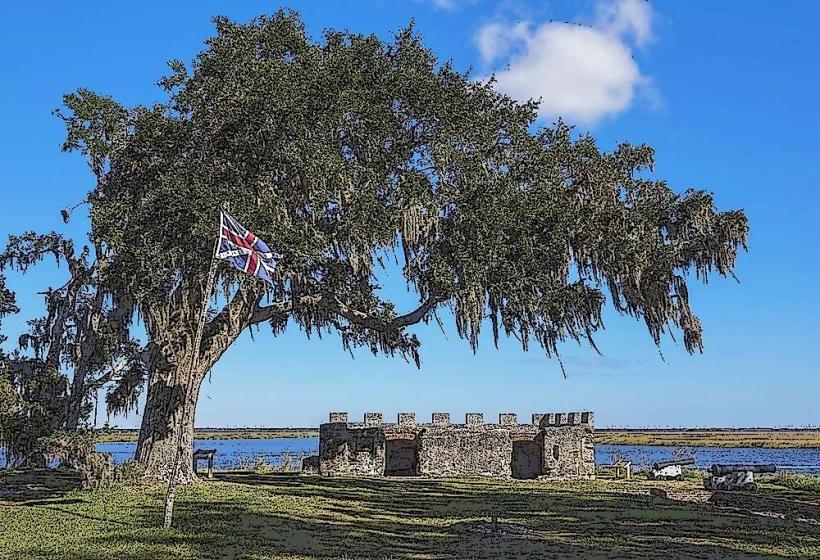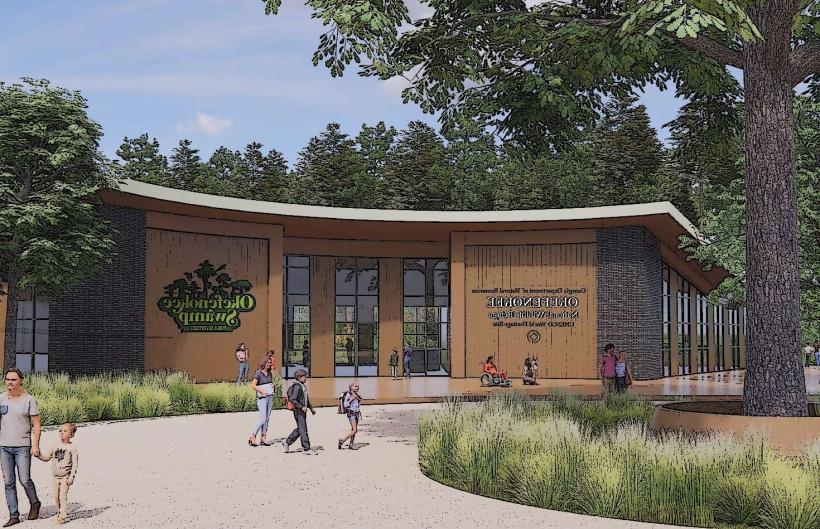Information
Landmark: Jekyll IslandCity: Brunswick
Country: USA Georgia
Continent: North America
Jekyll Island, Brunswick, USA Georgia, North America
Jekyll Island is a barrier island located off the coast of Georgia, USA, situated within the city of Brunswick.
Visual Characteristics
The island features 10 miles of undeveloped beach, characterized by light-colored sand and a consistent surf. The interior is dominated by maritime forest, primarily composed of live oaks draped with Spanish moss, and salt marshes. Structures on the island, such as those in the Historic District, are predominantly brick and wood, reflecting late 19th and early 20th-century architectural styles.
Location & Access Logistics
Jekyll Island is accessible via the Jekyll Island Causeway (GA-520) from Brunswick. The causeway is approximately 7 miles long, connecting the mainland to the island. Parking is available at designated lots throughout the island, including near the beach access points and within the Historic District. Public transport is limited; the primary access is by private vehicle. Glynn Area Transit (GAT) operates bus routes within the Brunswick area, but direct service to Jekyll Island is not standard.
Historical & Ecological Origin
Jekyll Island was originally inhabited by the Guale people. In the 18th century, it was granted to Archibald Campbell, 3rd Earl of Argyll, and later acquired by Jean-Pierre Purry. In 1886, a group of wealthy industrialists purchased the island, establishing the Jekyll Island Club, a private retreat. The island's ecological origin is that of a barrier island, formed by sand deposition and shaped by tidal forces and sea-level fluctuations. The maritime forest is a result of adaptation to saline conditions and wind exposure.
Key Highlights & Activities
Activities include walking or cycling on the 20+ miles of multi-use trails, beachcombing along the shoreline, and exploring the Jekyll Island Historic District. Kayaking and paddleboarding are possible in the calmer waters of the marshes and Jekyll Creek. Birdwatching is a common activity due to the diverse avian population. Fishing is permitted in designated areas.
Infrastructure & Amenities
Restrooms are available at beach access points and public parks. Shade is provided by the maritime forest canopy in interior areas and by structures in the Historic District. Cell phone signal (4G/5G) is generally available across the island. Food vendors and restaurants are located within the Historic District and at various points along the causeway and island interior.
Best Time to Visit
For beach activities, the months of April through October offer warmer temperatures. The best time of day for photography, particularly in the Historic District, is during the early morning or late afternoon for softer light. High tide is generally preferred for beach access and swimming, while low tide exposes more of the sandbar and tidal pools.
Facts & Legends
The Jekyll Island Club was once known as "the richest, most exclusive club in the world." A specific tip for visitors is to explore the Driftwood Beach area during low tide to observe the skeletal remains of ancient oak trees exposed by erosion, creating a unique visual landscape.
Nearby Landmarks
- Brunswick Golden Isles Welcome Center (4.5km West)
- Mary Ross Waterfront Park (5km West)
- St. Simons Island Lighthouse Museum (8km Northwest)
- Fort Frederica National Monument (10km Northwest)

